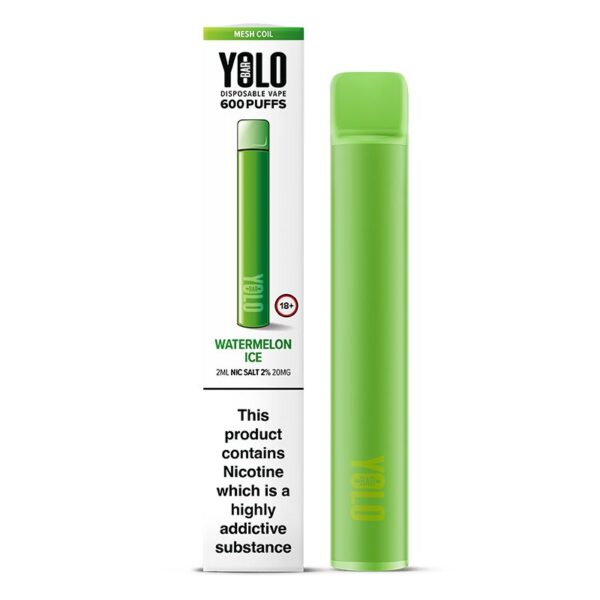Kitchen Hygiene: Cleaning and Disinfecting Practices for a Safe Cooking Space
Introduction
The kitchen is the heart of every home, where delicious meals are prepared and memories are made. But in order to ensure the health and safety of your family, it’s crucial to maintain proper kitchen hygiene. A clean and sanitized cooking space not only prevents the spread of germs but also enhances the quality of the food you prepare. In this article, we’ll explore essential cleaning and disinfecting practices that will help you maintain a safe and inviting kitchen environment.
Establishing a Cleaning Routine
Regular cleaning is the foundation of a hygienic kitchen. Creating a cleaning routine can help you stay on top of tasks and prevent the buildup of dirt and grime:
Daily Wipe-Downs
Designate a few minutes each day to wipe down countertops, stovetops, and sinks. This simple habit prevents the accumulation of crumbs and spills.
Weekly Deep Clean
Set aside time every week for a more thorough cleaning. Clean appliances, scrub surfaces, and mop the floor to maintain a fresh kitchen environment.
Properly Washing Utensils and Dishes
Clean utensils and dishes are essential for safe cooking and eating. Follow these practices:
Pre-Rinse Before Loading
Before placing dishes in the dishwasher, give them a quick pre-rinse to remove food particles. This prevents clogs in the machine and ensures a proper wash.
Wash with Hot Water
Hot water is effective in breaking down grease and removing germs. Use it to hand wash dishes or in the dishwasher.
Disinfecting Surfaces
Disinfecting goes beyond cleaning—it involves killing harmful bacteria and viruses:
Use a Suitable Disinfectant
Choose a disinfectant that is safe for kitchen surfaces. Read labels and follow instructions for effective use.
Focus on High-Touch Areas
Pay extra attention to high-touch areas like doorknobs, light switches, and refrigerator handles. These areas can harbor germs and should be disinfected regularly.
Maintaining Food Safety
A hygienic kitchen is closely linked to the safety of the food you prepare:
Practice Proper Food Storage
Store raw meats and seafood on the lowest shelf to prevent cross-contamination. Keep cooked and raw foods separate as well.
Clean as You Cook
While cooking, clean up spills and messes promptly to prevent the spread of bacteria. This also makes the post-cooking cleanup easier.
Taking Care of Appliances
Kitchen appliances require regular attention to function optimally and remain germ-free:
Clean Inside and Out
Regularly clean the interior of your appliances, like the microwave and oven, to prevent the buildup of food debris and odors.
Empty and Clean the Refrigerator
Dispose of expired items and wipe down shelves to prevent mold and unpleasant odors from developing.
Disposing of Waste Properly
Proper waste disposal is crucial for maintaining a clean kitchen environment:
Use Sealed Trash Bins
Use trash bins with tight-fitting lids to prevent pests and insects from being attracted to the kitchen.
Regularly Empty the Bins
Frequently empty the trash bins, especially those containing food scraps, to prevent unpleasant odors and bacterial growth.
Elevate your kitchen safety standards while enjoying a fresh cooking experience just like using Yolo Vape, prioritize a clean environment for peace of mind.
Conclusion
A clean and well-maintained kitchen is the key to a healthy and enjoyable cooking experience. By incorporating these cleaning and disinfecting practices into your routine, you’re not only creating a safe environment for your family but also promoting the longevity of your kitchen appliances and utensils. So roll up your sleeves and embark on a journey to a sparkling kitchen that’s ready to welcome your culinary adventures.
FAQs About Kitchen Hygiene
- Can I use bleach to disinfect kitchen surfaces?
Bleach can be used as a disinfectant, but it should be diluted according to the manufacturer’s instructions and used with caution.
- How often should I clean my kitchen sponge?
It’s recommended to replace kitchen sponges every two weeks, or more often if they show signs of wear or smell.
- Are natural cleaning products effective?
Natural cleaning products can be effective, but it’s important to ensure they have disinfecting properties. Read labels carefully.
- Can I use the same cutting board for raw meat and vegetables?
No, it’s best to use separate cutting boards for raw meat and vegetables to prevent cross-contamination.
- How can I eliminate cooking odors from my kitchen?
To eliminate cooking odors, you can simmer a pot of water with citrus peels, cinnamon, or vinegar. Proper ventilation also helps.
